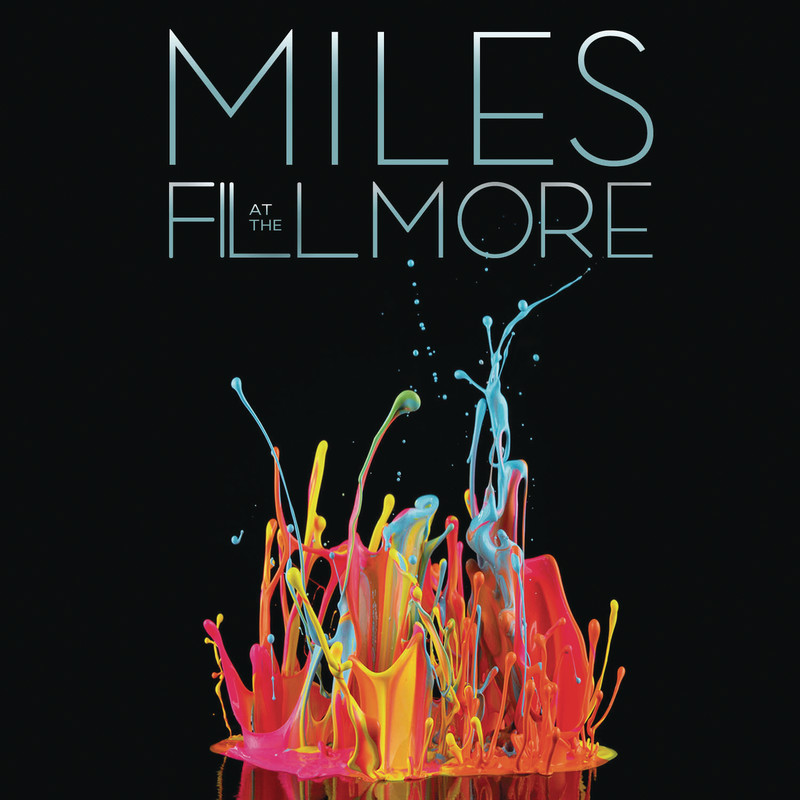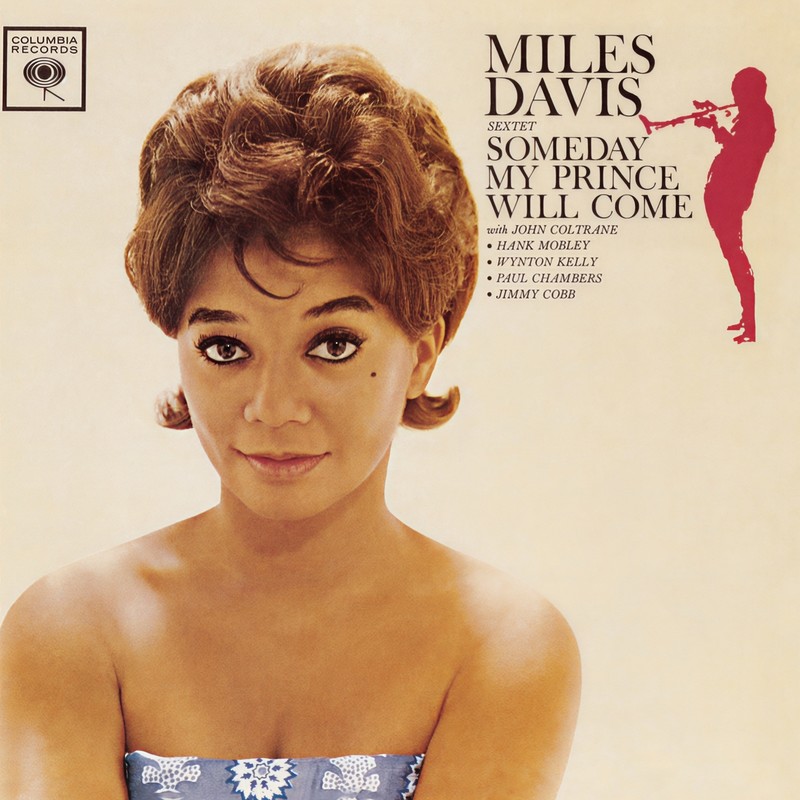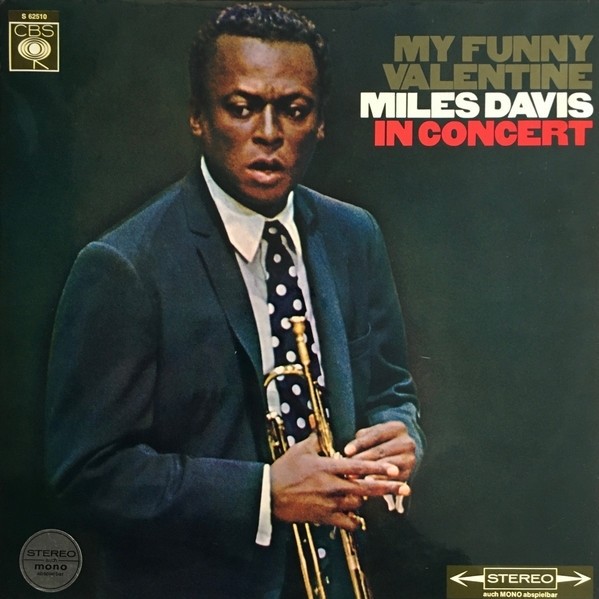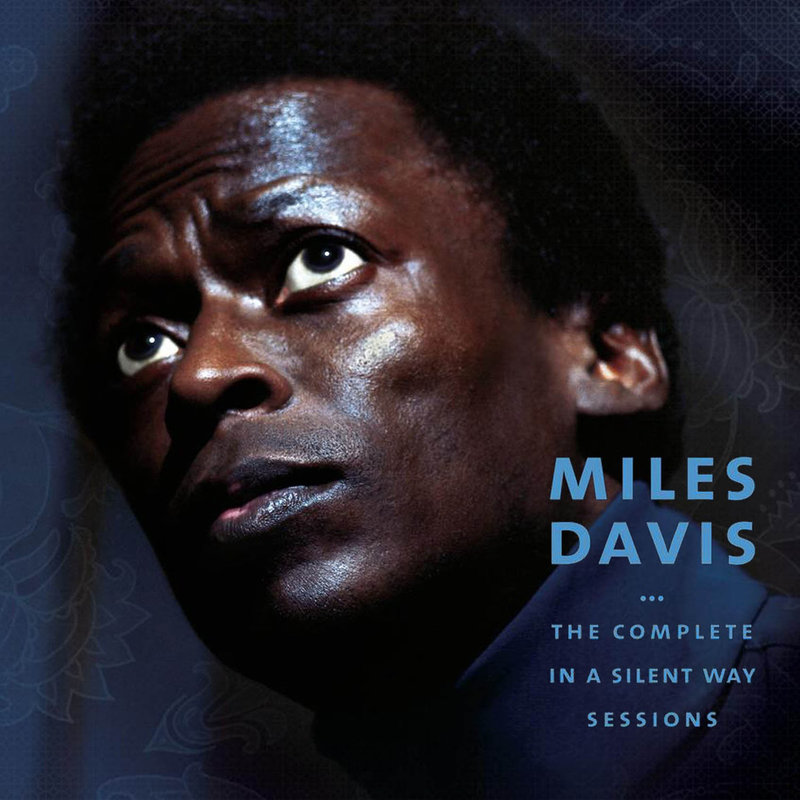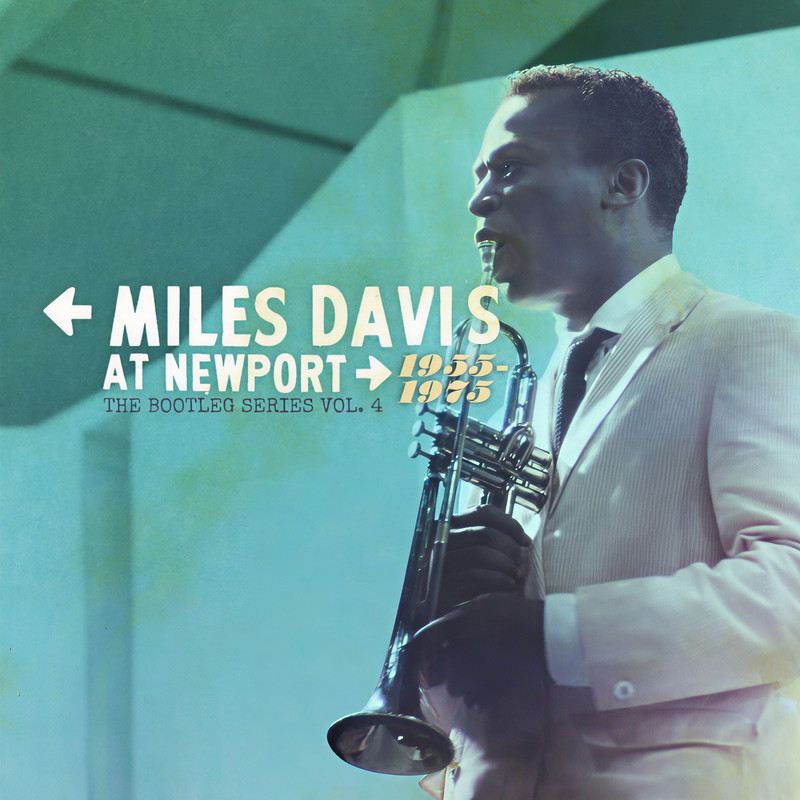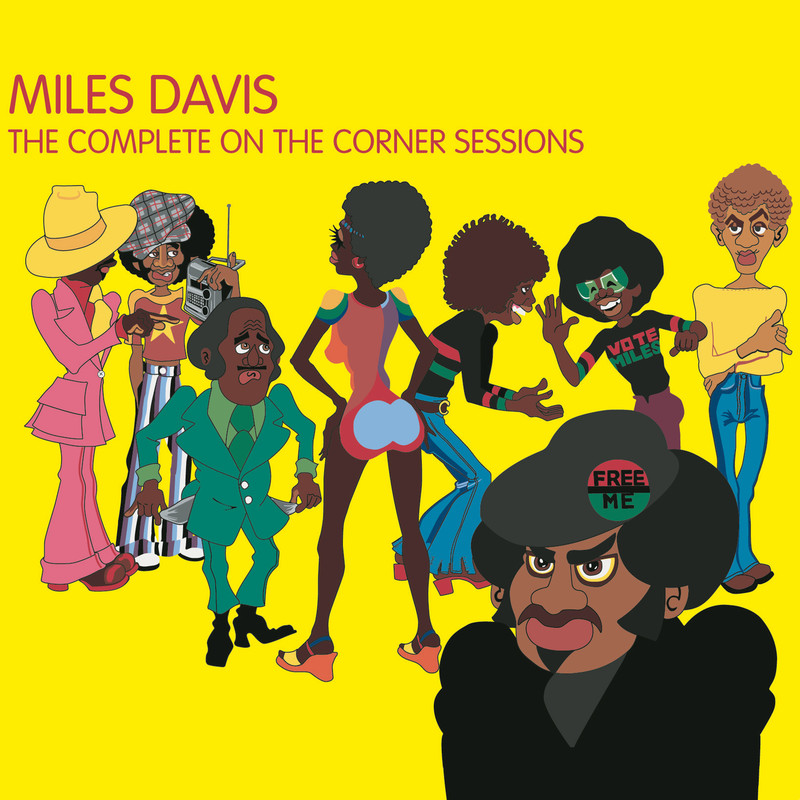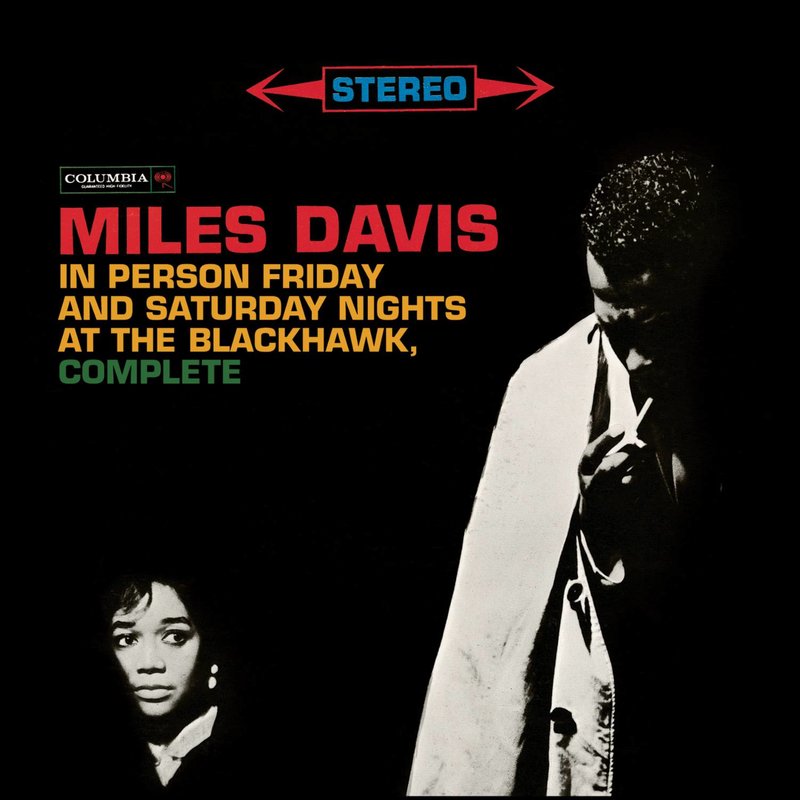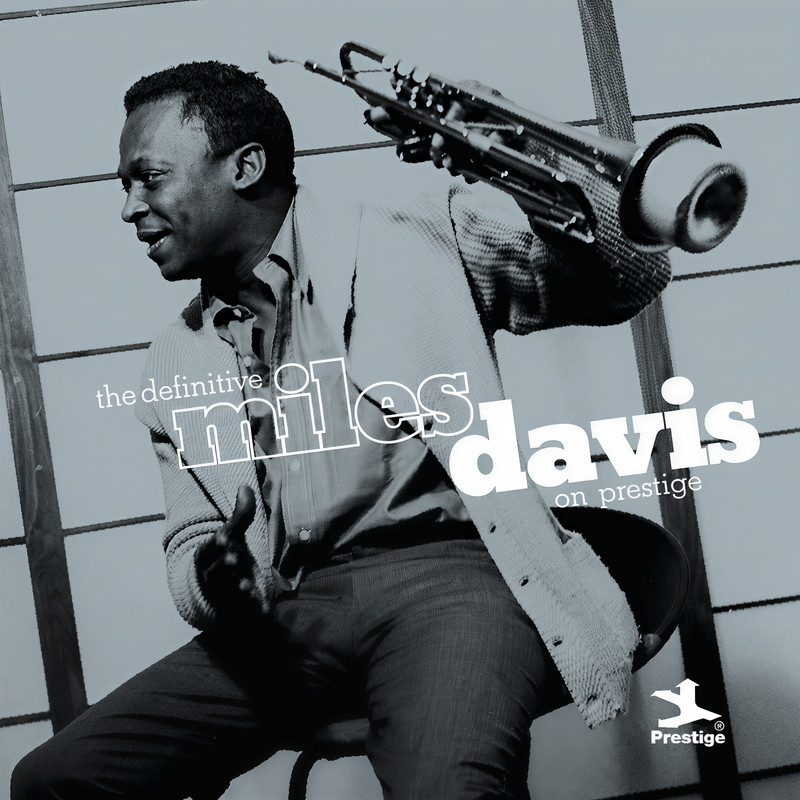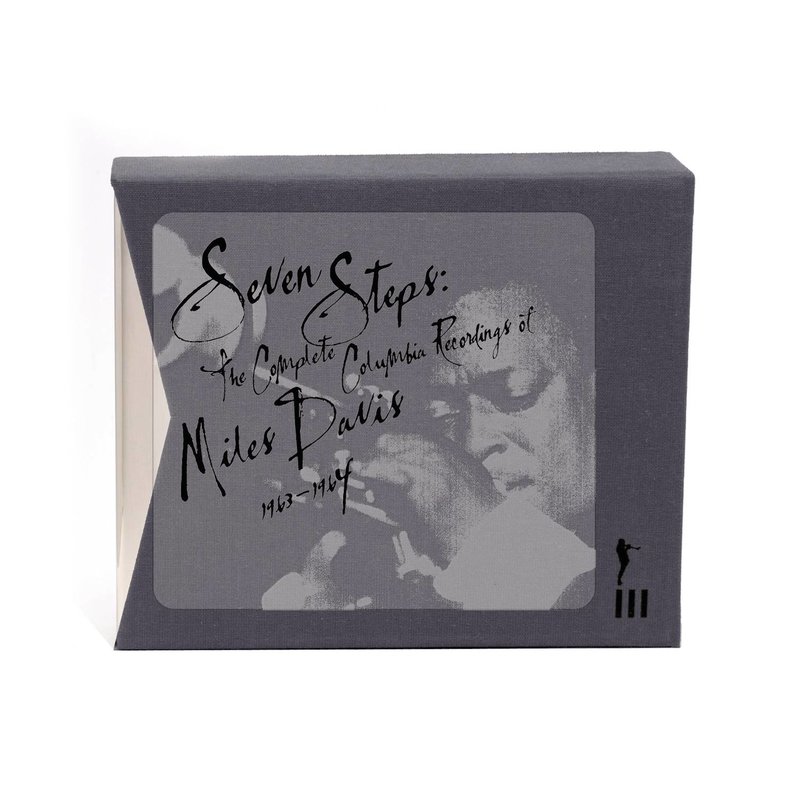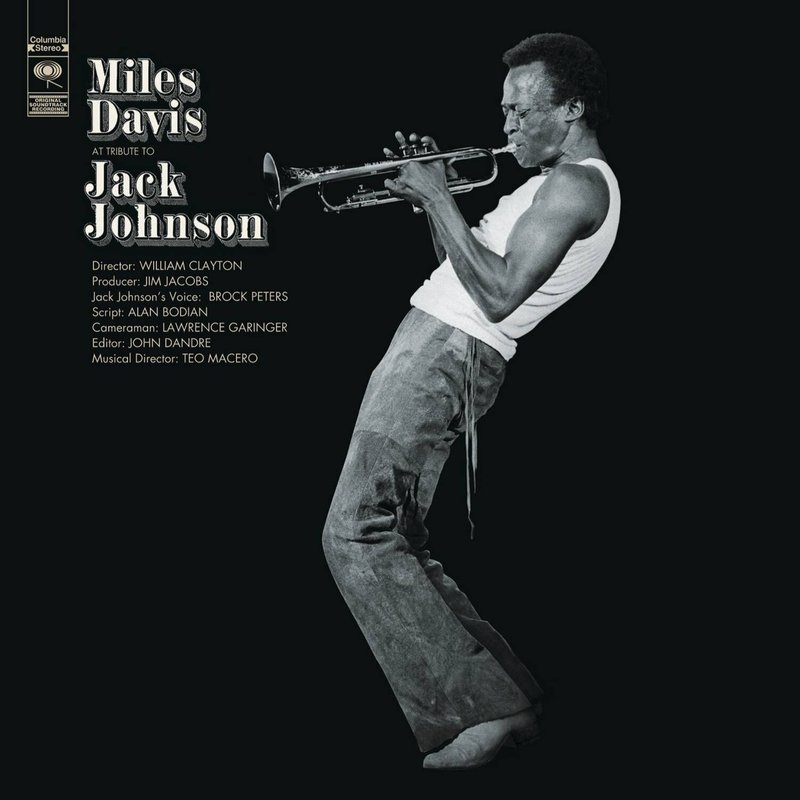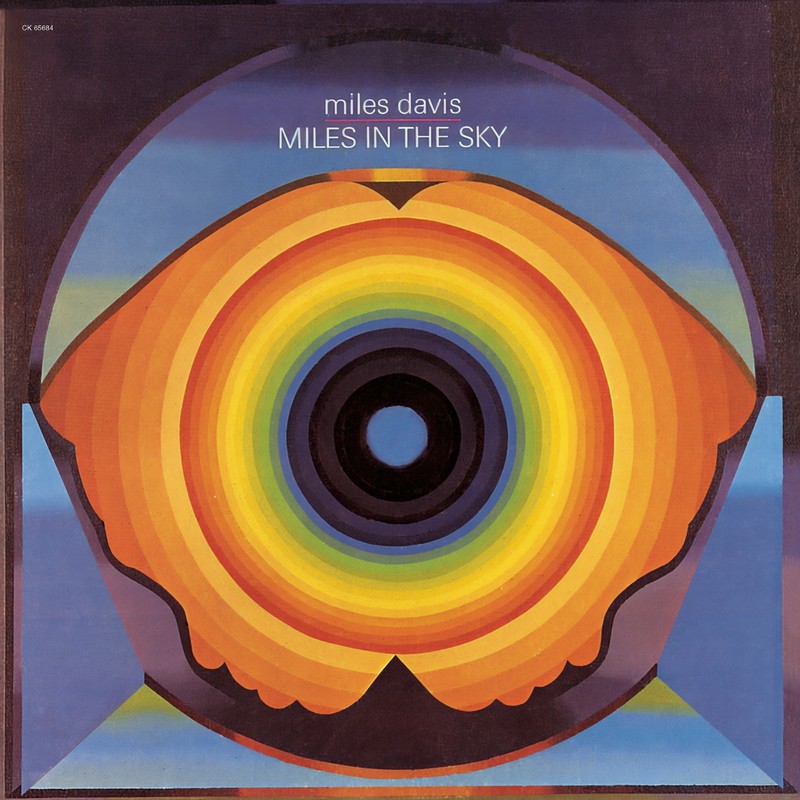
On The Corner
Miles Davis
1972-10-11
专辑简介
Miles Davis had a vision with this record. This wasn't just a street record, this was intended to be THE street record. The ultimate black-power world-encompassing fusion call-to-arms. He intended to reach his black audience- the world's black audience. When you hit play on this record, you are on EVERY dang corner in the world: Los Angeles, Dakar, Nairobi, New Orleans, Havana... This is THE fusion album.
The album is thoroughly immersive. I can't think of a denser album, or an album that rewards repeat journeys better than this. At first it's entirely impenetrable and almost hostile to the listener, but once you find a way in there's a world of details and fascinating characters to discover. Take the first 30 seconds; when you hit "play" you seem to have been dropped into the middle of a muddled fusion stew. It almost seems sloppy; but listen close and you'll realize you do have a proper introduction- the first 30 seconds are an inversion of the following minute, Miles in front, Liebman in back. Then at 30 seconds, the wall of drums hits, and you get the exact same scene again, only inverted- Miles has been thrown to the back and Liebman is right in front of your speakers. Very clever; Stockhausen would be proud of this tape manipulation. It tells the listener: here, time folds in on itself; Miles will NOT be the star; you'll have to pay REALLY close attention...You've entered a parallel world...
And, finally, the best argument for the enduring genius of this album- there is nothing that sounds like On the Corner in the canon of recorded music before or since. Nothing so bewilderingly experimental yet funky, or that fuses different cultural musics into such a seamless whole. The density and layering of this album is relentless, the solos enigmatic. It exists outside of classification. That is quite a recommendation- To this day, On the Corner stands completely alone. Give it a chance- it can take you places that no other album has gone!









